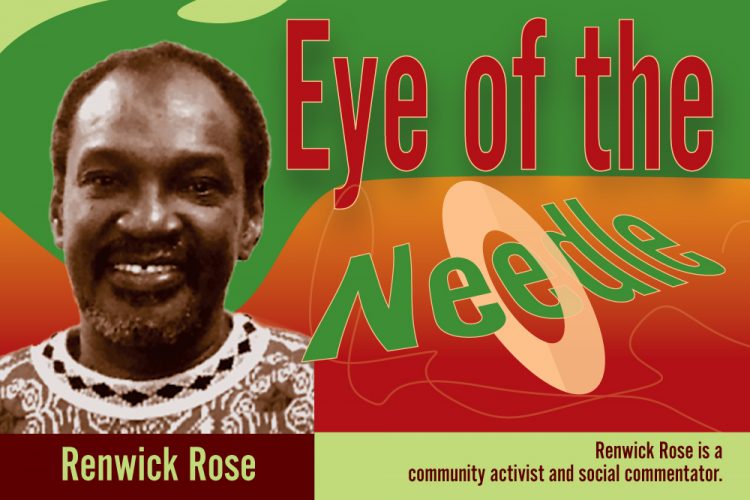Celebrating 30 years – Pt:2

Part 1 of this celebratory article published last week began by tracing the historical development of Cuba/SVG ties in homage to the 30th anniversary of diplomatic relations between our two states.
In it, I noted that both our Prime Minister and the resident Cuban Ambassador were in Cuba for the occasion.
Never in my wildest dreams I could have considered that their absence would be taken as an opportunity on the part of the rest of Dr Gonsalves’ government and the Ministry of Foreign Affairs to virtually ignore this historical event. Not even historical capsules in the media of the highlights of the relationship, one of the most beneficial ones for our people in our foreign affairs dealings with other countries!
Is this relationship deserving of only a bland Ministry of Foreign Affairs press release? Couldn’t some attempt have been made to at least organize some modest ceremony where we could say thanks to Cuban personnel here and show our appreciation? Prime Minister Gonsalves is of course a vital cog in the Cuba/SVG relations, but he is not, nor does he pretend to be, the be-all of our relationship. Diplomatic relations were established by the NDP government, but it appears from the silence of that party, that the present-day NDP is not so proud of this feat. What an SVG!
Our people are not known for ingratitude, so it baffles me how, in the context of all that Cuba has done for us, and continues to do, we continue to treat our Cuban brothers and sisters in such a shoddy manner. It really pains me to the extent that I am forced to comment publicly. More on this at a later date.
THE SCHOLARSHIP TRAIN
The 1970s was a turbulent decade globally and especially in the Caribbean. As the youth of the region began to develop political consciousness, more and more questions were asked about the continued isolation of Cuba. CARICOM’s Big Four (Guyana, Barbados, Jamaica and Trinidad and Tobago) took the bold step to establish diplomatic relations with Cuba and Cuban embassies were set up for the first time in the region, including one in Bridgetown for Barbados and the Eastern Caribbean.
Through these embassies informal contacts were made with Eastern Caribbean governments offering free university scholarships in Cuba. This was at a time when it was not easy to get access to university education, the number of scholarships on offer being very limited. Yet the governments of the region, no doubt worried of the reaction of the USA in particular, ignored these offers. But, the people we were trying to please did not even step in with offers of their own.
The progressive parties in the region, the United People’s Movement (UPM) here and its counterparts in Antigua, Dominica, and St. Lucia took up the Cuban offers and in 1980 the first three students were sent off to study in Cuba. In the case of Grenada, the Revolution of March 1979 had drastically changed things there and many more students were sent by the Maurice Bishop government.
Since then, 350 Vincentian students have been educated in Cuba, graduating in a variety of fields and touching virtually every vital area of our development. One graduate has done an estimate, valuing each of these at about EC $150,000 over the duration including longer ones for medicine, and came up with the figure of $ 52.5 million, free to the people of SVG. Is this not something of which we should be singing praise?
But that is not all. What about the flagship project, the Argyle International Airport, and the VISION NOW programme, in collaboration with Venezuela, the tremendous assistance in the field of health including the excellent Georgetown Medical facility and the other forms of generous collaboration and assistance?
Indeed, one cannot just quantify the value of Cuban assistance. If taken in the context of a country suffering from a 60-year embargo by the most powerful nation on earth, then that value is multiplied many times. Cuba has contributed significantly towards our social and economic development over these 30 years.
How then could we be expected to side with the unilateral action of the USA in trying to exclude Cuba from the Summit of the Americas? How could we remain silent in the face of the ongoing criminal embargo against our sister-nation and friend? Is it too much to express our gratitude, to encourage our people to express that gratitude to the Cubans in our midst and for us as a nation to say a full-throated THANK YOU!
I do hope that having missed the May date; every effort will be made for the Cuban July 26 holiday to truly organize events to express our undying thanks.
Renwick Rose is a community activist and social commentator.











